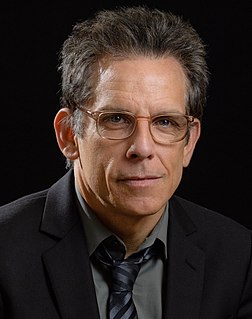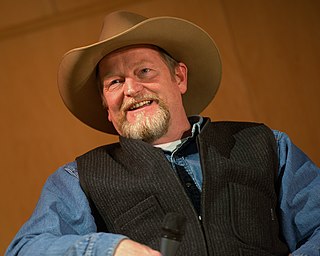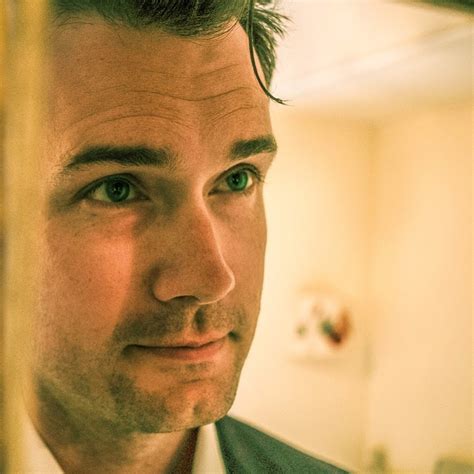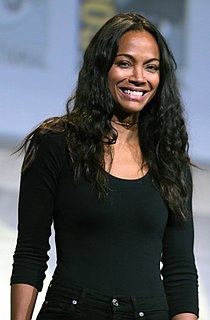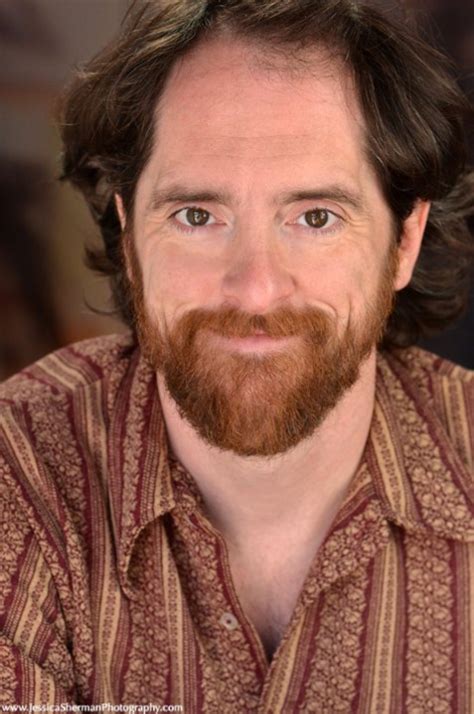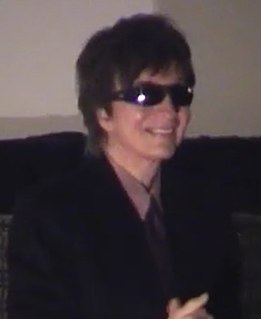A Quote by George A. Romero
Most of my stuff was sort of of-the-time. 'The Crazies' was, basically, we were angry about Vietnam, and it had a reason for being.
Related Quotes
Many of the prophets of Jesus's time were thought to just be mad men, just sort of crazy people who were claiming to channel the divine. Perhaps that means we should be a little less judgmental of some of our own crazies talking about God on the corner. They might actually have found a pretty comfortable place in Jesus's time.
Well, this movie I've been working on for a while. I had the idea for the movie like twenty years ago when I was doing 'Empire of the Sun' in 1987 because at that time that's when all these Vietnam movies were being made and my friends and I were going on auditions for these Vietnam movies and my friends were getting them and going away to fake boot camps.
The leading, the most respected Vietnam historian, military historian Bernard Fall -he was a hawk incidentally, but he cared for the Vietnamese - he said it wasn't clear to him whether Vietnam could survive as a historical and cultural entity under the most massive attack that any region that size had ever suffered. He was talking about South Vietnam, incidentally.
My film isn't about Vietnam. It is Vietnam. It's what it was really like. It was crazy. And the way we made it was very much like the way the Americans were in Vietnam. We were in the jungle, there were too many of us, we had access to too much money, too much equipment and little by little we went insane.
Most of us who were opposed to the war, especially in the early '60's - the war we were opposed to was the war on South Vietnam which destroyed South Vietnam's rural society. The South was devastated. But now anyone who opposed this atrocity is regarded as having defended North Vietnam. And that's part of the effort to present the war as if it were a war between South Vietnam and North Vietnam with the United States helping the South. Of course it's fabrication. But it's "official truth" now.
Basically, I know there's no turning back the clock, and it's sort of pointless to mourn what has passed, but I don't know if the alternatives now really replicate the learning experience that I had, in terms of what I gained from making mini-comics. There were certain components of it that are completely gone because of being able to just throw stuff up on your blog the minute you're done with it.
Britney's a very beautiful human being. After I worked with her, I realized that there was a reason why she was the most popular pop artist over so many other pop artists at that time who were more talented, had better voices. And it was because of her heart, her soulShe had the most amazing energy and was always positive and a very discreet person. We were young, too, and got to make a movie about three friends on a road trip. It was so much fun!
I was less angry at [Carl] Armstrong, though I was angry at the people who came to his trial: Dan Ellsberg, who ordinarily I respected a lot; Philip Berrigan; the guy who teaches at Princeton still - I can't remember his name. And they were saying - well, they were saying, really, what Arthur Koestler had people saying on "Darkness at Noon." The means were unfortunate and, sadly, someone died, but the end is what is important and this was a great symbolic - something or other - sign against the war in Vietnam.
Politicians had always viewed environmental issues as narrow things of no great political consequence. Sort of NIMBY issues. A big part of the reason was that the groups that cared about wilderness didn't talk with the groups that were trying to stop freeways from cutting through inner cities, and neither of them talked to the folks who wanted to stop the military from dumping Agent Orange on Vietnam.


